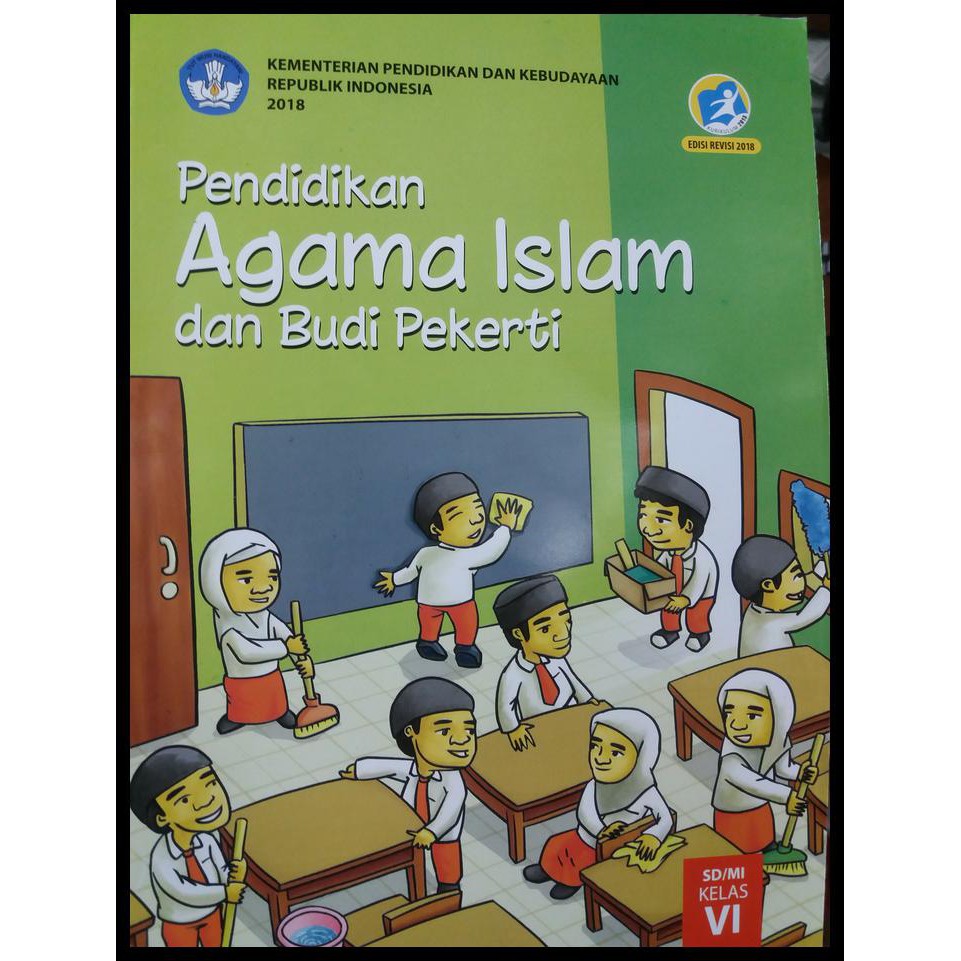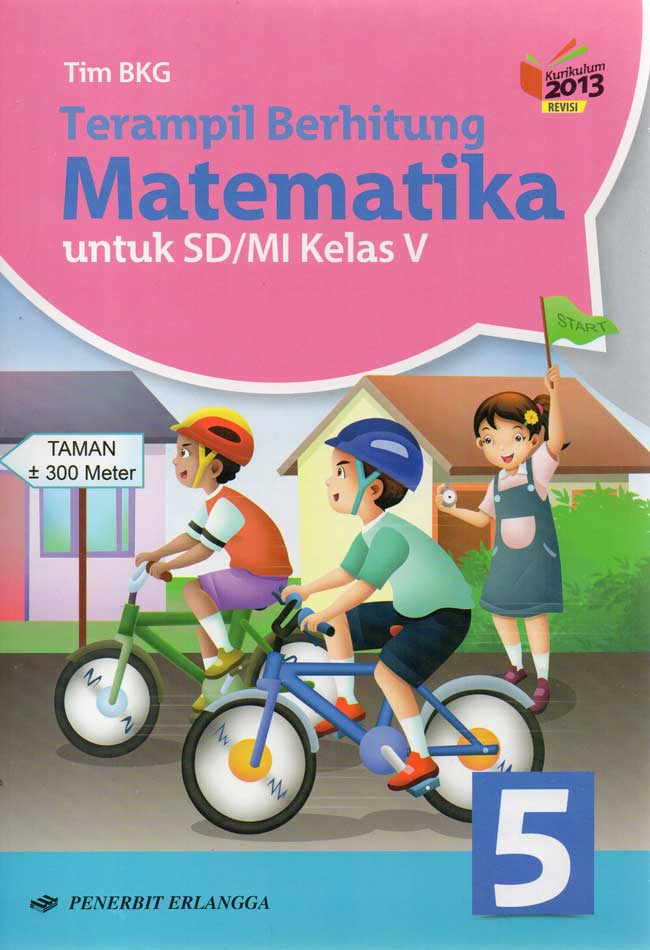
Less than 26 percent of male respondents knew that a woman's fertile period is halfway between periods. Overall, less than 60 percent of respondents completely understood physical changes at puberty. Studies conducted on more than 19,000 never-married women and men aged 15–24 years in all 33 provinces of Indonesia revealed that young Indonesians had not had enough knowledge of reproductive health. Schoolbooks should emphasize promoting a healthy lifestyle, preventing high-risk sexual behaviors, encouraging openness and discussion about reproductive health in the family, improving self-confidence to refuse and avoid sexual harassment, encouraging positive sexual behaviors, and increasing awareness for treatment-seeking behavior.

Even though the schoolbooks were used in Indonesia's 2006 minimum standard requirements of subject matter (KTSP) curriculum, we found much inaccurate information that is not based on the scientific literature and unnecessarily detailed information on therapy and technology. In this paper, we compared the accuracy of the material related to reproductive health education to scientific evidence published in medical scientific journals or medical textbooks. In Indonesian primary and secondary schools, reproductive health education is integrated into various subjects, including Science, Biology, Sport, and Health Education.

The current provision for equipping young Indonesians with a comprehensive knowledge of reproductive health is inadequate.

Wienta Diarsvitri 1 * and Iwu Dwisetyani Utomo 2 †


 0 kommentar(er)
0 kommentar(er)
